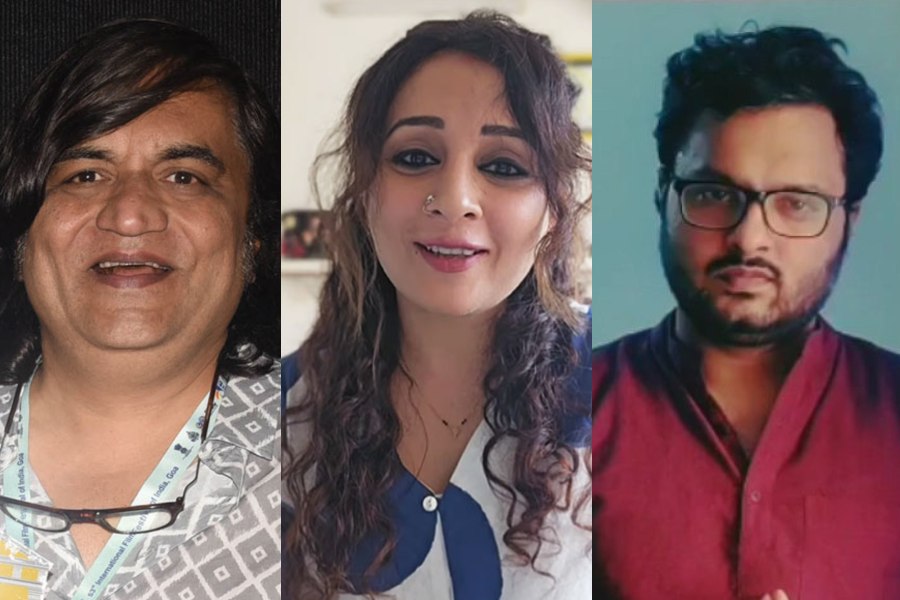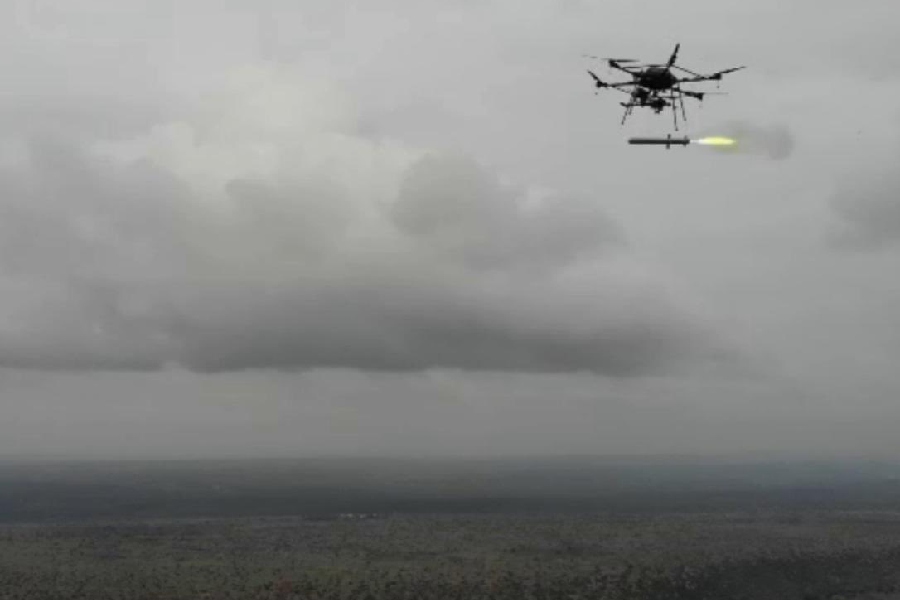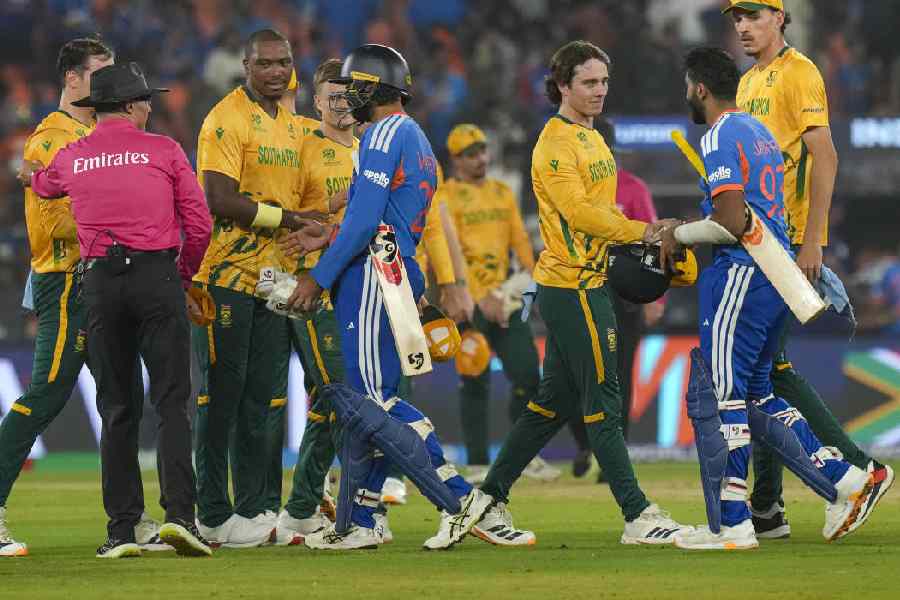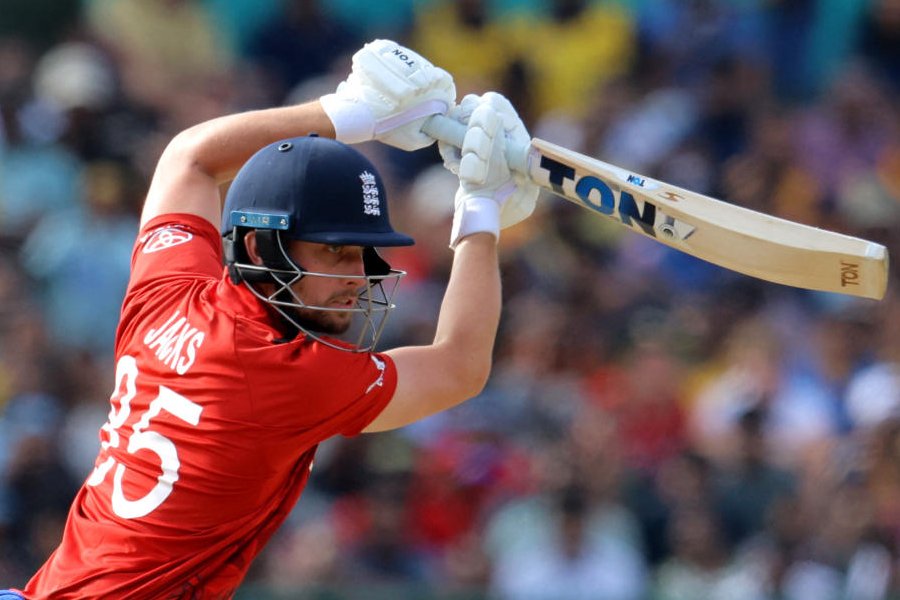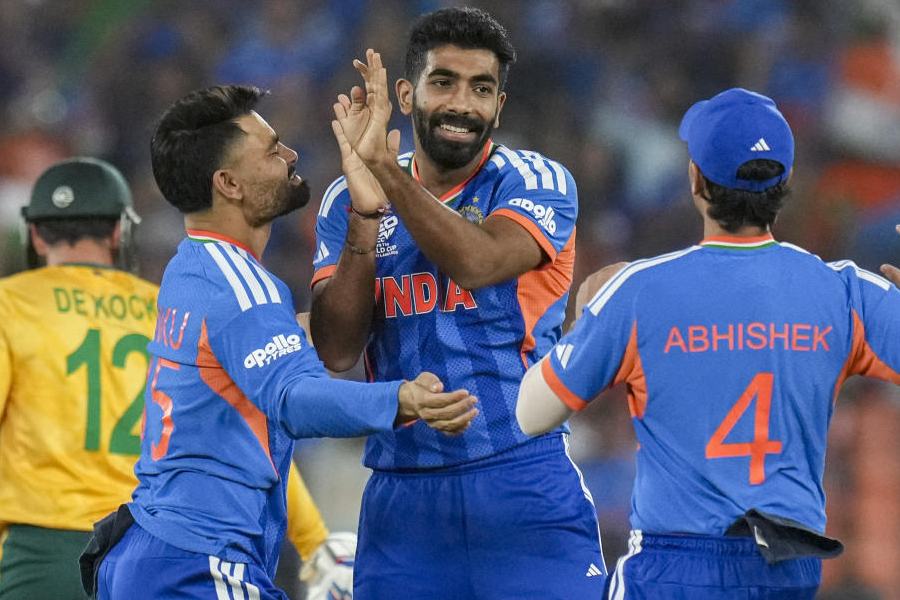Do you know who Pinky Poonawala is? Do you know the song Benaam Khwaayishein?
If you answered no to the first question and yes to the second, that is about to change – thanks to a landmark agreement that the Music Composers Association of India and the Screenwriters’ Association reached Friday.
For 12 years now, since Coke Studio uploaded the song Benaam Khwaayishein, the lyricist Pinky Poonawala’s name has been missing from the information on the YouTube video, though the singers are listed.
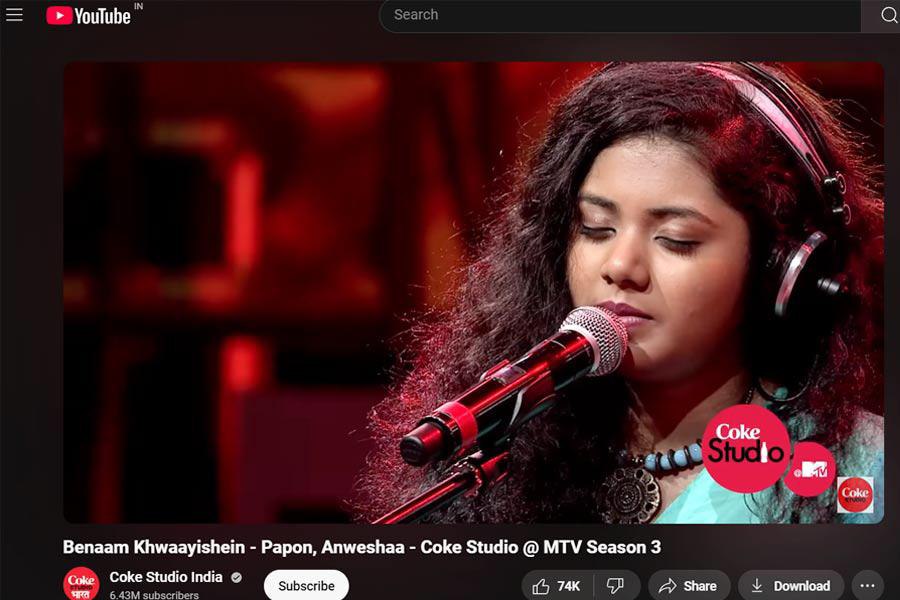
YouTube
On Friday morning, the Music Composers Association of India (MCAI) and the Screenwriters’ Association (SWA) came together to acknowledge composers and lyricists as co-authors of a song. Henceforth, lyricists will be credited as primary artistes.
The pact also mandates separate contracts with producers, allowing both composers and lyricists to negotiate independently.
Puneet Sharma, known for songs like Kanjoos and Jootam Phenk from the 2020 film Gulabo Sitabo, was among the group of lyricists from the SWA who had been working behind the scenes to settle this long-pending demand of the lyricists.
“For years the SWA had been advocating for lyricists’ rights to their creation,” he said. “The MCAI eventually joined us so we could approach bigger platforms together. This agreement formalises that recognition, with both unions acknowledging each other as primary artistes and HoDs [heads of departments].”
Music has always been an integral part of Hindi cinema – for 94 years since the first talkie, Alam Ara, was made. Lyricists played a key role for decades for the song-and-dance routines, but they only came into the picture once the producer signed a contract with the music director who would then approach a lyricist of their choice.
Multiple lyricists have written songs In many films.
“[Earlier] producers would pay a lump sum to the music directors from which the lyricists would be paid their share. After this agreement, lyricists can independently negotiate with the producer of a film,” said Sharma.
National Award-winning singer-songwriter Swanand Kirkire, who was also involved in framing the draft of the agreement, said lyricists will no longer have to fight a lonely battle to receive credit for songs.
Kirkire, along with fellow lyricist and filmmaker Varun Grover, has been trying to escalate the issue for nearly five years now.
“The western streaming platforms rely on metadata provided by labels and producers, often resulting in lyricist’s names being omitted,” Kirkire told The Telegraph Online.
“The new contract makes it legally binding for the producers and record labels to provide the details of the lyricist to the streaming platforms and ensure they are included in the metadata. Streaming platforms depend on labels and producers for information. Both should recognise lyricists as primary artistes,” he added.
Kirkire had pointed out in July 2020 how streaming apps were ignoring Hindi film songwriters.
“These music apps do not have the practice of writing the name of the lyricists. They work on whatever thumbnail the producer provides them. They have given the names of the composer and even the lyrics, but not the lyricist,” Kirkire wrote on his Twitter (now X) handle on July 18 that year.
In another tweet he wrote: “This is not just denying the credit, this is a refusal to acknowledge the existence of the writer. They don’t acknowledge (us) as the creators/artist.”
By the end of July 2020, while the Covid pandemic was hitting its peak, Kirkire along with Grover and Kausar Munir, had written a song, Credit De Do Yaar, which was supported by 12 other members of the fraternity.
They had released the two-minute-38-second video on YouTube.
For years and months members of both the associations — which include personalities such as Pandit Hariprasad Chaurasia, Vishal Bhardwaj, Salim and Suleiman Merchant among the music composers and the likes of Kirkire, Grover and Sharma from the SWA — have been working on a deal.
MCAI president Bhardwaj did not respond to calls and texts from The Telegraph Online. Another key member of the MCAI, Salim Merchant, said he was not aware of the development.
For now, the Hindi film lyricists are happy.
Sharma is hopeful that the new generation of lyricists will benefit.
“They can now ensure they receive due credit and work with self-respect,” said Sharma. “This is a really, really important breakthrough for upcoming lyricists.”
Pinky Poonawala is also happy today.
“For me, credit is the most important thing,” she said. "Artistes are sensitive people. Having to repeatedly ask for due credit is painful. This agreement is both emotionally and practically significant. Lyricists and composers are not competitors; we are a team. We create together."
She also referred to the poet-lyricist Javed Akhtar who had made an emotional appeal on the floor of the Rajya Sabha in May 2012, highlighting the plight of lyricists, composers and singers who died in penury – denied royalty from the music that they gave life to.
“Everyone involved in the creative process plays an equally important role,” Poonawala said. “As a singer, you perform words written by someone else, so why hide their name? There’s no reason to.”

